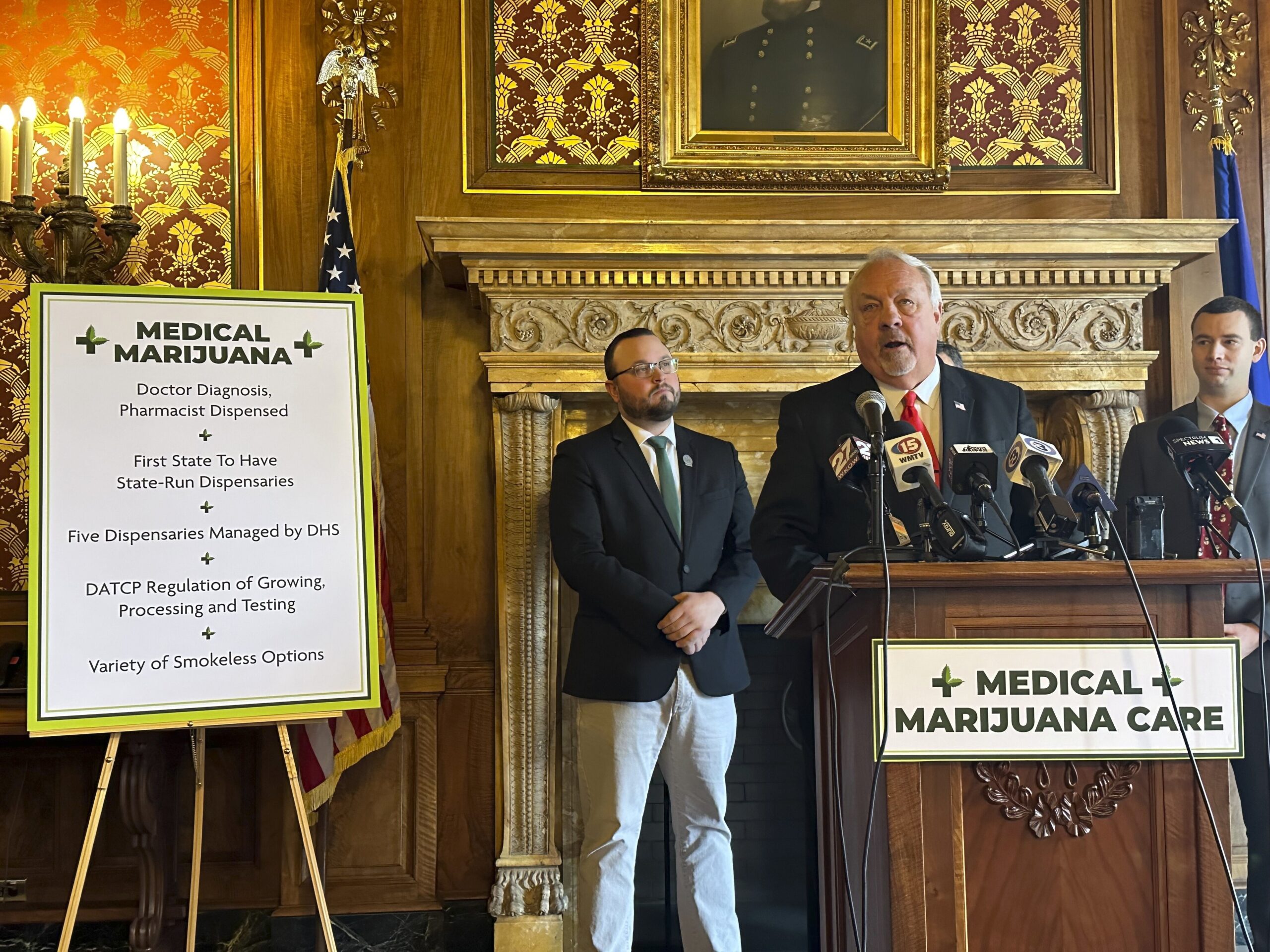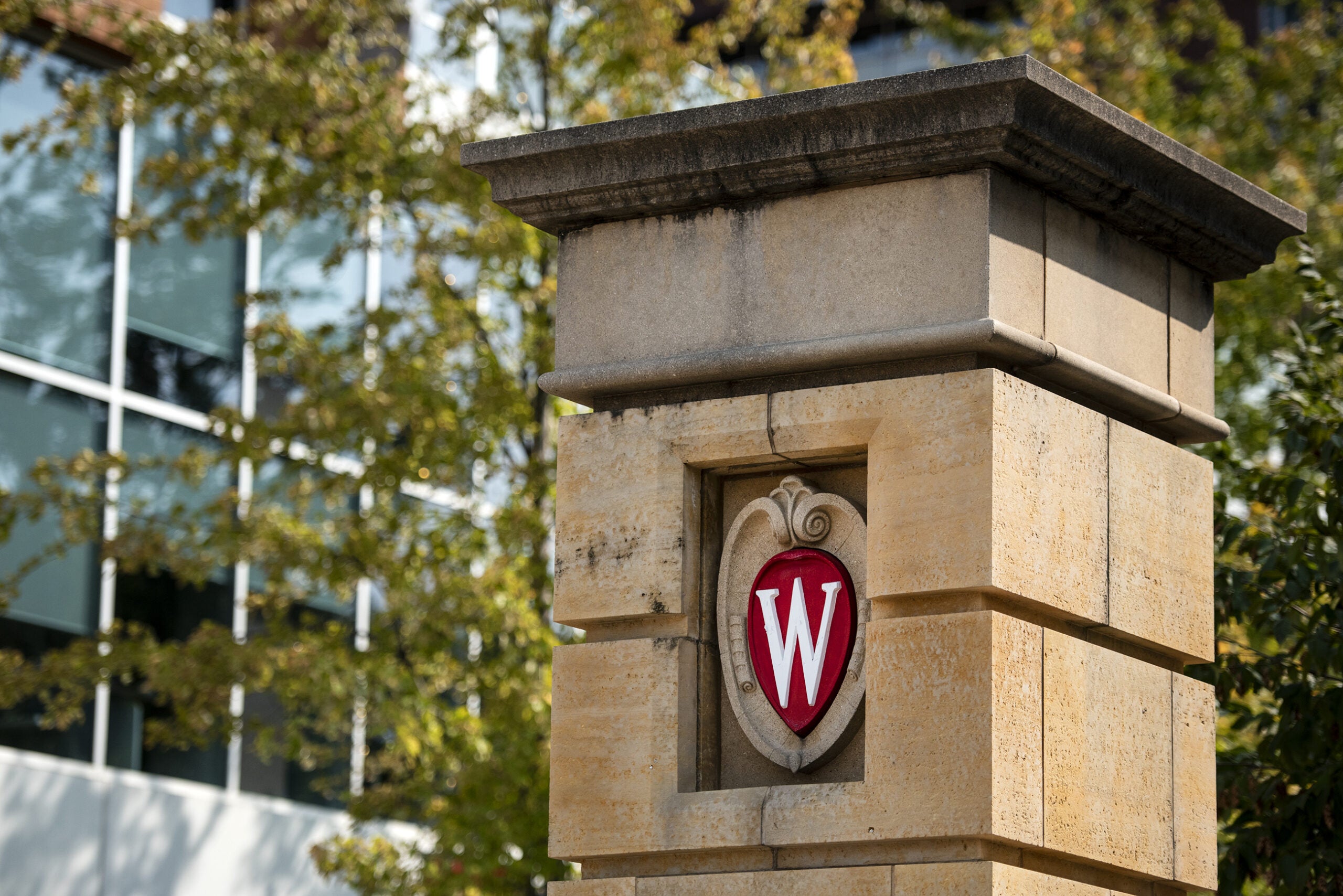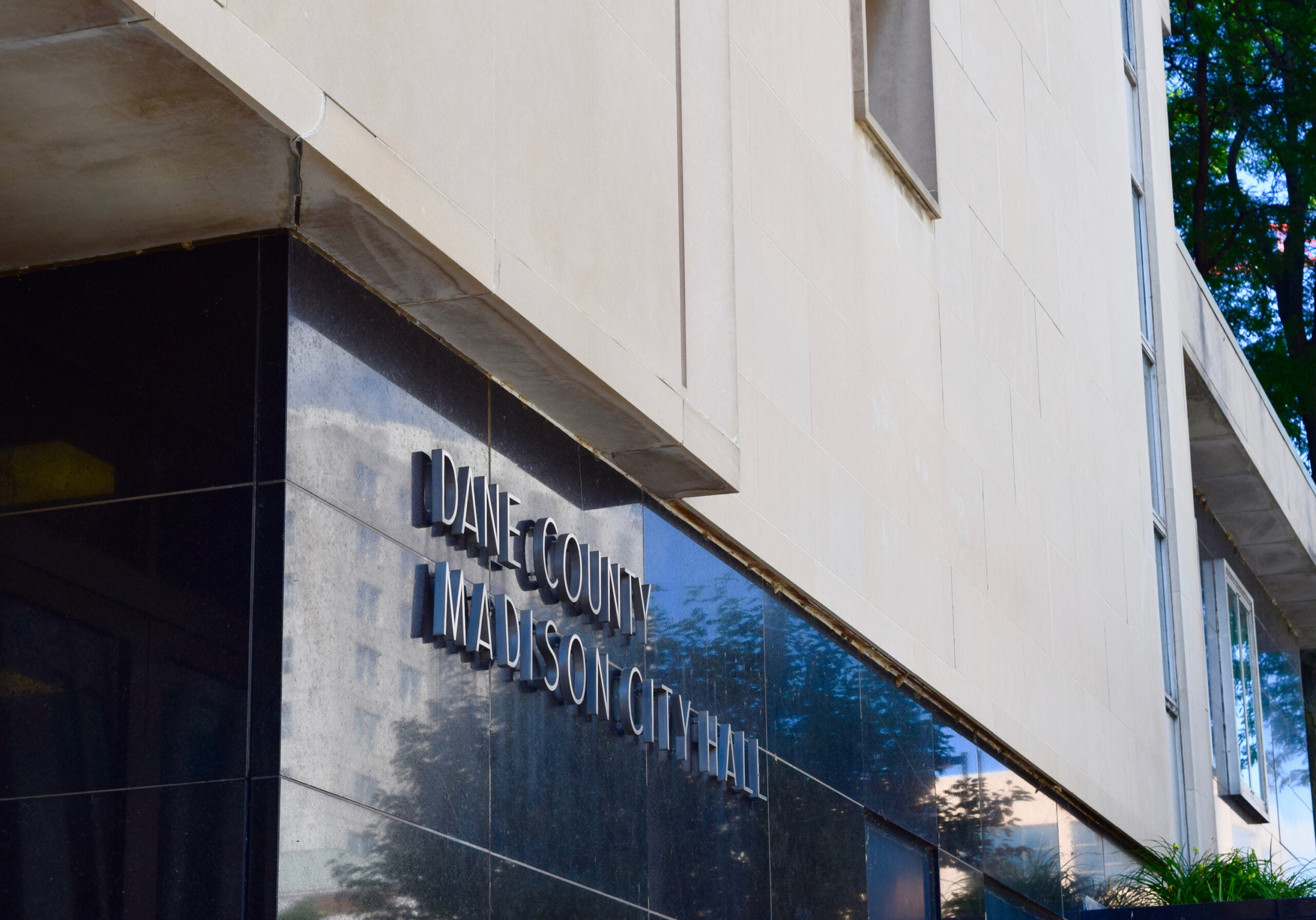The race for Wisconsin’s 10th Senate District has 26-year state politics veteran Republican Sen. Sheila Harsdorf facing off against a relatively unknown Democrat, Diane Odeen. While the usual issues such as taxes, job creation and higher education are all being debated, leaked documents and allegations of a pay-to-play scheme are also shaping the contest.
After more than two decades in the state Legislature, Harsdorf, of River Falls, now holds a coveted position on the powerful Joint Committee on Finance. Harsdorf said she’s proud unemployment has dropped by half and the labor participation rate has risen to sixth in the nation since Republicans took control of the state in 2010.
But after British newspaper The Guardian published more than 1,000 secret documents collected in a year’s long John Doe investigation into Gov. Scott Walker’s recall campaign and its coordination with advocacy groups such as the Wisconsin Club for Growth, Harsdorf has found herself under attack by Democrats who allege she protected lead paint manufacturers in exchange for campaign donations.
Stay informed on the latest news
Sign up for WPR’s email newsletter.
According to the leaked documents, Harold Simmons – who owned NL Industries, which manufactured lead once used in paint – donated $750,000 to the Club for Growth in 2011 and 2012. In 2013, as part of the state budget, Harsdorf and fellow Republicans on the Joint Finance Committee changed state law regarding lawsuits against lead paint manufacturers filed by people injured by their products. Democrats argue that change blocked those injured by lead paint from suing for damages.
But speaking to WPR, Harsdorf said the language inserted into the budget clarified state law and didn’t block anyone from suing. Instead, she said lawmakers were protecting companies from being sued for faulty products they didn’t make.
“I believe that that other manufacturer who has not had anything to do with that product should not be held liable for what his competitor did in manufacturing a faulty product,” said Harsdorf.
Harsdorf’s challenger, River Falls attorney Diane Odeen, hasn’t criticized Harsdorf as harshly as some others in the Democratic Party for her role in the lead paint issue, but she said she’s concerned about how the legislation got into the state budget. Odeen also argues any questions about legal liability should be handled by the courts not state politicians.
For her part, Odeen believes one of the major issues facing the 10th Senate District is declining funding for higher education. University of Wisconsin campuses in River Falls and Stout are both within the district’s borders.
While Harsdorf hailed Republican efforts to make college more affordable by enacting a four-year tuition freeze, Odeen said the freeze, combined with $250 million in cuts to the UW System in the current budget, are starving higher education.
“Right now, what’s happened is that while tuition has been frozen, sometimes students take longer to graduate because there simply aren’t the classes being offered,” Odeen said. “So it makes it not so great a bargain if you have to spend a couple more years in school.”
The western Wisconsin district has been very favorable to Republicans in the past, and even more so since redistricting in 2011. But in a presidential election year with two relatively unpopular nominees for the nation’s highest office, some analysts have said the race could be one to watch.
Wisconsin Public Radio, © Copyright 2024, Board of Regents of the University of Wisconsin System and Wisconsin Educational Communications Board.






